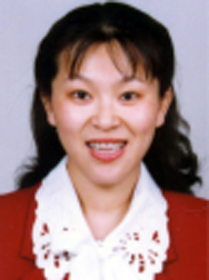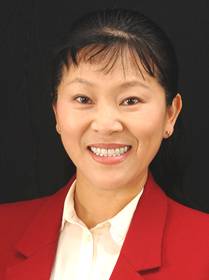Tips for Ph.D. Study
Who and why pursuit Ph.D. degree?
- Advice for Undergraduates Considering Graduate Study by Phil Agre
- Notes on PhD by Doug Comer
- The PhD Experience by Mihir Bellare
- The PhD Process: Myths, Tips, Strategies by Kevin Morrell
- How to Succeed in Graduate School: A Guide for Students and Advisors (I) (II) by Marie desJardins
- Graduate Student Info Guide fro Computing Research Association
- Useful Things to Know About Ph. D. Thesis Research by H.T. Kung
How to write papers and thesis?
- Writing Tips for PhD Students by John H. Cochrane
- Writing Technical Articles by Henning Schulzrinne
- Advice on Research and Writing
- How to Organize your Thesis by John W. Chinneck
- Some Hints on Mathematical Style [pdf]by David Goss
- Common Bugs in Writing by Henning Schulzrinne
- How to write a dissertation?
How to give a good research talk?
- How to give a good research talk by S. L. P. Jones, J. Hughes, J. Launchbury
- What to Say in a Good Research Talk by John Farrell
- The Short Talk by Charles Van Loan
- How to Present a Paper in Theoretical Computer Science: A Speaker's Guide for Students [PDF] by Ian Parberry
What to do after a Ph.D. degree?
- The Assistant Professor's Guide to the Galaxy by George A. Bekey
- How to Review Papers by Maja J. Mataric
- Another Career Choice for Ph.D.'s: Management Consulting
Tips for Prospective Students
Admission to the Department
Teaching Assistantships
Research Assistantships
We would be glad to provide research assistantship to potential Ph.D. students, and exceptional M.S. students. In the process of selecting research assistants, research interests are the most important factor, which is a mutual match between RA and advisor. You can find useful information on our "Research" section and "Publications". The research on wireless networking in our group draws on computer networks, wireless communications, security issues (cryptography), network topology (graph theory), randomness in networks (stochastic processes), simulations tools (NS2 and OPNET), and drivers (hands-on experience building wireless networks). The more you know about these areas, the easier it will be for you to make progress. If you are seriously considering working with me, you might want to read some of my latest publications, show me how you understand the problem by pointing out their limitations. Regarding whether there are RA positions or not, students are encouraged to contact me. Sometimes, I might not respond to your request immediately; however, I will keep your files on my waiting list (this is not just for courtesy). Once we have positions, you will be contacted.
As of October 2008, we have two opennings for research assistants, preferrably students with either solid theoretical background on networking or system integration of hardware and software for power-system communications. This is part of our efforts on the newly funded NSF Engineering Research Center (ERC) FREEDM at NC State University.
Independent Study
In the department of Electrical and Computer Engineering, independent study are open to senior Master students (that is not first-semester or first-year graduate students) and junior Ph.D. students. Independent sstudy projects are one-semester, letter-graded, courses, report-based courses. Students who are interested in research, have a solid background on networking, and know how to work on loosely-defined projects are encouraged to contact faculty members for independent study. The basic requirements of conducting independent study are: 1) your cumulative GPA is above 3.3; 2) you have taken at least 3 networking related courses; 3) you are prepared to dedicate 10 hours per week on the project.
Copyright ©2026 North Carolina State University. All Right Reserved. Questions? Contact Dr. Wenye Wang




